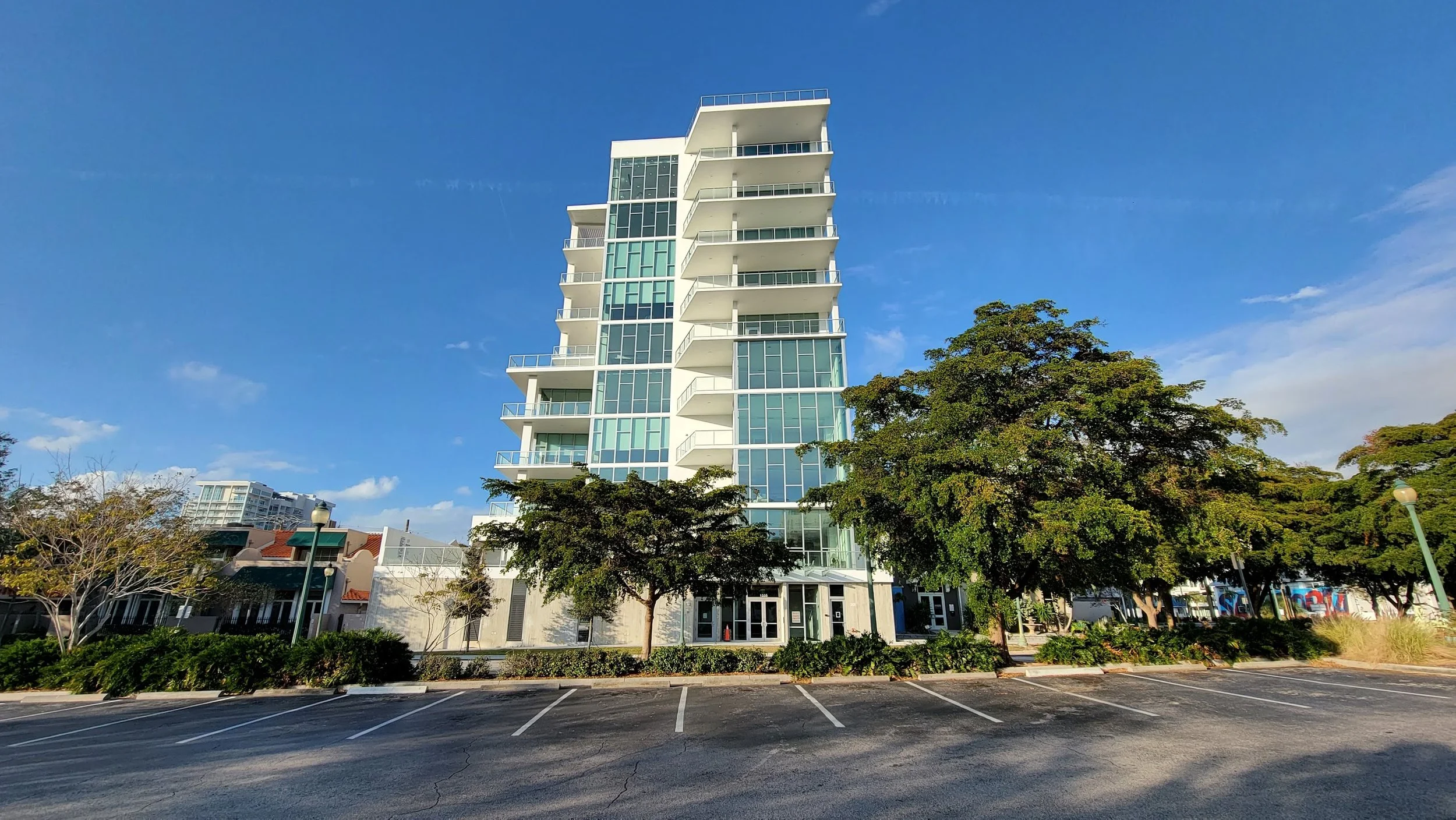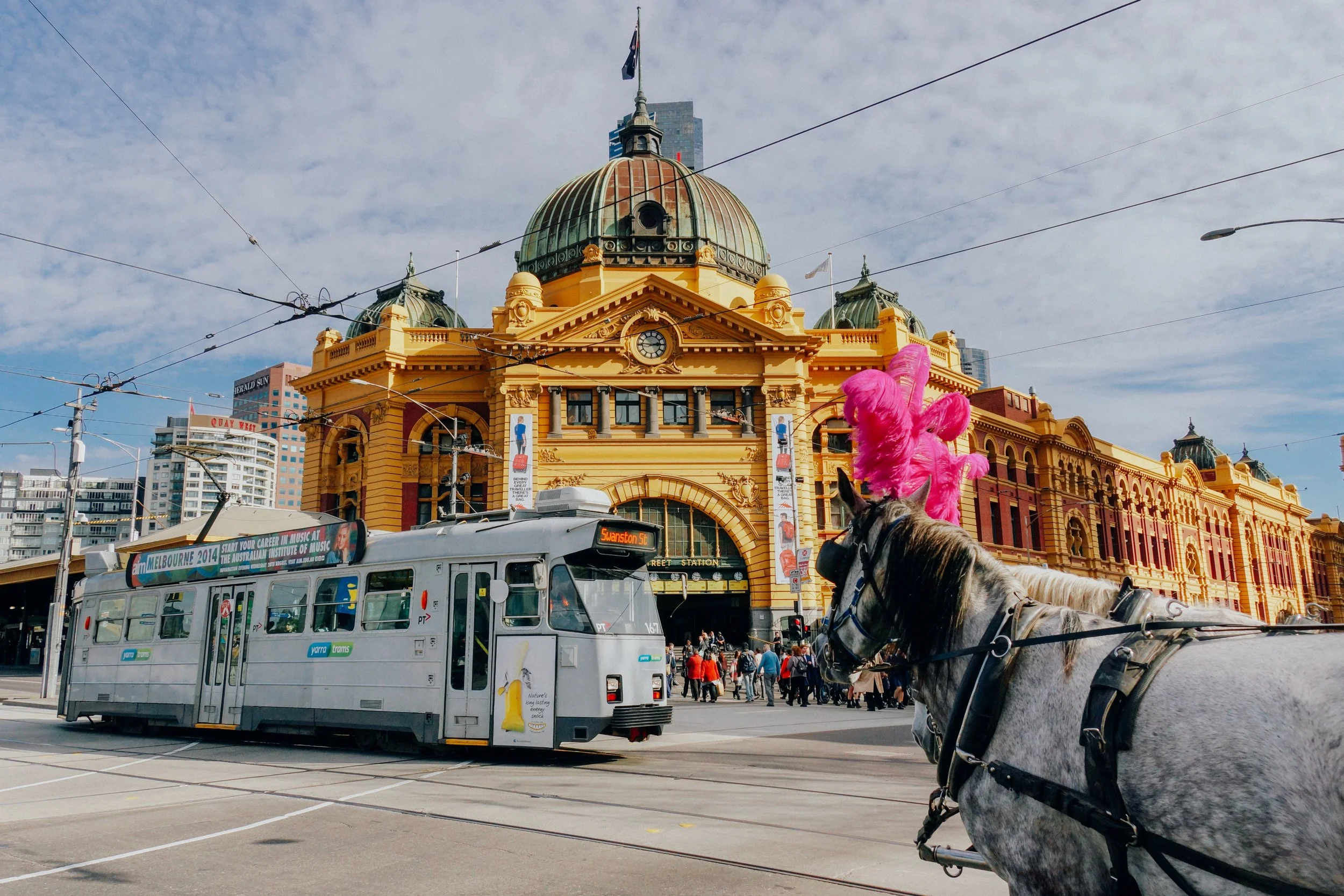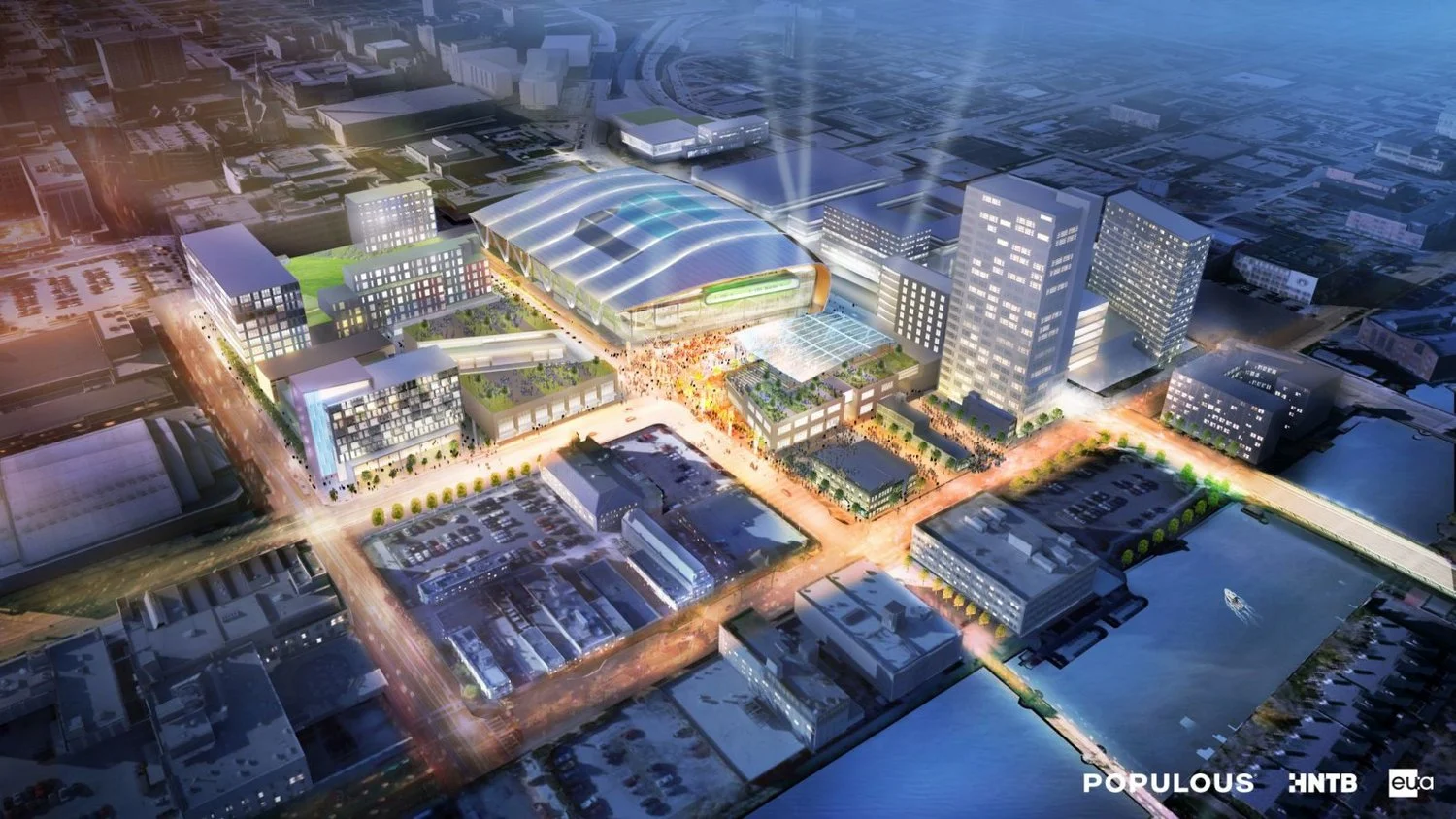You probably wouldn’t be able to tell these two buildings apart, yet their economic performance couldn’t be more different. A deep dive by geospatial firm Urban3 shows why that’s the case.
Read MoreIn historic cities, land was treated as a scarce resource and every inch of it was used with ingenuity. This created productive and charming places that could meet the evolving needs of residents. Here are a few ways we can bring that traditional productivity and adaptable charm to modern cities.
Read MoreWhen residents ask why they should allow more housing in their neighborhood, advocates often default to altruism, suggesting that an influx of people will have negative effects but that giving them a place to live is still the right thing to do. But there are a myriad of ways that an increased population can improve your quality of life. Here are some of them.
Read MoreFrom college students trying to make ends meet to older individuals who need support from live-in caretakers, occupancy limits make life unnecessarily difficult for a lot of people. Colorado has passed a law that’s going to change that.
Read MoreA site in Asheville, NC, is subject to a new development proposal to build multi-family housing—and in today’s housing market, that should be a good thing. But is this development contributing to a larger problem?
Read MoreIt’s not difficult to have good urban design, the kind that respects neighbors and the neighborhoods they live in. It’s actually a lot less work than the processes we use to administer the suburban zoning codes we have today.
Read MoreHeated discussion about a new condo in Sarasota, FL, has got locals calling the building an eyesore. But is this a case of misdirected ire?
Read MorePart of why we can't agree on constructive solutions to traffic congestion is that our basic mental model of what causes traffic is wrong. But what if we made a slight update to that model?
Read MoreWhat can be done about retail structures when they’re abandoned by their big-box tenants? One solution: break them down into smaller, much more dynamic spaces.
Read MoreTwo polar cases suggests that density (or lack thereof) has little to do with the spread of the pandemic.
Read MoreSuppose the doomsday predictions are right and the COVID-19 crisis empties our cities. That’s not automatically good news for the suburbs.
Read MoreCommentators have speculated that density has been toxic during the coronavirus crisis. But Joe Minicozzi of Urban3 did what he does best—he ran the numbers—and found a different story. This is why data should prevail during a pandemic.
Read MoreThe lesson of coronavirus is not that it’s bad to have strong human connections in cities. The lesson is that we need to be able to shut them down quickly when we need to.
Read MorePeople might think of city life as necessarily “hard.” But the creative director at a Copenhagen-based urban design firm begs to differ. There are a few simple principles that can “soften” our city, drawing us closer together and radically improving our quality of life.
Read MoreYour Strong Towns Knowledge Base question of the week, answered here.
Read MoreYour Strong Towns Knowledge Base question of the week, answered here.
Read MoreWe can build compact, walkable cities in an adaptable and economically inclusive manner — no high-rise towers needed.
Read MoreA brilliant application of Strong Towns thinking highlighted at the Strong Towns Summit.
Read MoreThis video of Mississauga, ON shows us that density will not save the suburbs.
Read MoreA fetish with density is spiking the rising tide of housing demand in cities like Portland. To make housing affordable, we have to deal with the cause of the spike.
Read More



















